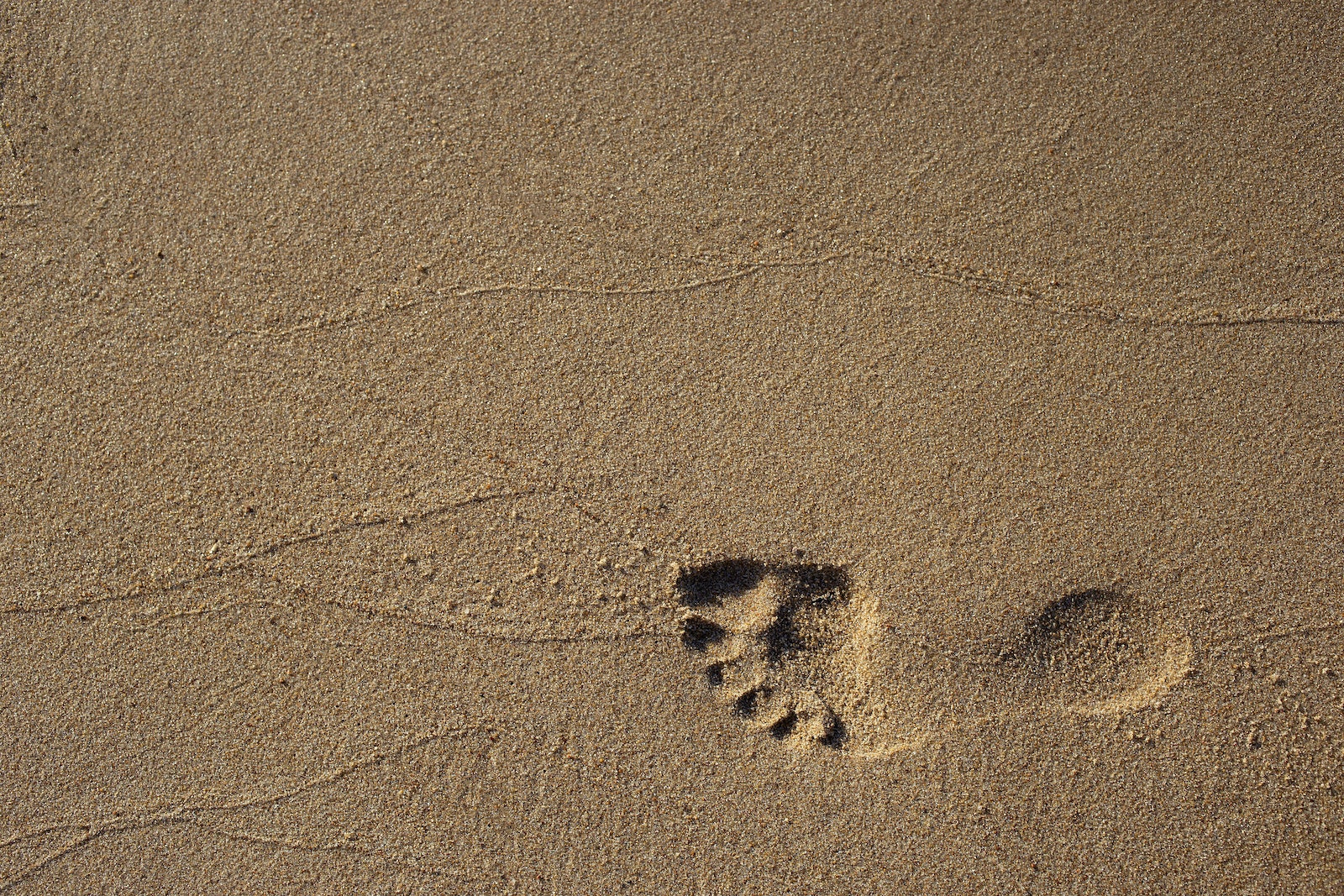The term “carbon footprint” was popularized by an advertising firm hired by British Petroleum (BP) in the early 2000s. The idea was to redirect the blame for climate change away from BP, the second largest non-state-owned oil company in the world, and towards individuals. Part of their campaign consisted of revealing a ‘carbon footprint calculator’ that would assess how individual actions — going to work, traveling or buying food — is largely responsible for heating the planet (Mashable).
From this, we can learn that companies such as BP can trick us to think differently by diverting our attention away from their own sustainability impact. It is important to recognize that large corporations have huge carbon footprints and where the term ‘carbon footprint’ was popularized from in the first place, but that does not mean we cannot, as individuals, also make our mark to make changes. So this article will explore what we can do as individuals to reduce our carbon footprint.
Our carbon footprint, the number of greenhouse gasses like carbon dioxide and methane that are generated by our actions, has a massive impact on global warming. The heat caused by trapped greenhouse gasses in the Earth’s atmosphere is often referred to as the greenhouse effect. This trapping causes temperatures on Earth to rise destroys weather systems and brings us closer to natural disasters.
Imagine that you walked through wet cement. The impressions you left on that cement are trapped and sealed in, much like how your carbon footprint impacts the planet. Making footprints is easy, but reversing them, not so much. And oftentimes, we leave them behind without even realizing it. This analogy serves to help you understand that your actions have an impact on the planet, but there are ways to smooth out that impression and help address the climate crisis. Here at Faircado, we are going to show you how. It is clear we have to take some action about the climate. But first, let us understand the basics.
What Is Your Carbon Footprint?
A carbon footprint refers to the total amount of greenhouse gas you produce while going about your daily life. Carbon dioxide is a by-product of burning fuels like coal, oil, and wood. While you may not be loading fuels into a burner every day, your daily activities can make use of these fuels without you knowing it. Think of the petrol that powers your car. It produces tons of carbon dioxide every time you take a trip. So every time you drive to work or school or turn on your heater, your carbon footprint increases.

Reducing Your Carbon Footprint Matters
Without taking the time to reduce our carbon footprints, the pace at which global warming is affecting Earth will continue to rise. If we fail to do so, catastrophic events are more likely to occur. Some of these examples are:
- The extinction of more wildlife due to changing ecosystems and habitat loss
- An increased occurrence of destructive weather events – like hurricanes, cyclones, droughts, and floods
- More people are being displaced and negatively affected by the effects of climate change
You will have a great and considerable impact if you try to reduce your carbon footprint in every area of your day-to-day activities. There are lots of everyday things that you can do to reduce yours and add to a positive, global impact. For instance, walking or biking to work instead of driving is one way of doing so.
To help you keep track of your carbon footprint, figure out how big it is, and then decide how much you are willing to reduce it. There are many free, online carbon-footprint calculators available to find out how big your carbon footprint is.

How To Reduce Your Carbon Footprint
There are many ways that we can start reducing our carbon footprints right now, but remember, we cannot make an impact overnight! Changing habits is not easy and it is a gradual process. It is very important to stick to your goals and constantly remind yourself why you are doing it in the first place. Luckily, there are lots of options to choose from so you can start making an impact in a way that best suits your lifestyle.
Let us take a look at 14 practical ways that you can reduce your carbon footprint today:
- Make use of energy-saving light bulbs in your home
- Aim to eat less meat by having some meatless days or swap to a plant-based diet (this can cut your carbon footprint by up to 50%!)
- Find ways to combat food waste at home. Dinner leftovers make for great lunches.
- Support marine and wildlife conservation projects for healthier and cleaner waters
- Switch lights and appliances off instead of leaving them on standby
- Walk, bike, carpool, or use public transit
- Say no to fast fashion. Fast fashion companies are one of the biggest polluters in the world, however, there are some great alternatives you can explore that can give you great ideas on how to reduce consuming fast fashion
- Whether you hand wash dishes or use a dishwasher, follow recommended practices to decrease water and energy use
- Consider switching to a renewable energy supply such as solar or wind power, instead of energy generated by coal or gas
- Reduce, reuse, and recycle all the plastic, glass, and paper that you would have otherwise thrown away
- Use reusable bags or choose products with minimal packaging when shopping
- Compost biodegradable products to divert them from landfills where they would have otherwise gone to waste
- Switch to second-hand whenever possible. Try out different ways to make it fun and easy such as the faircado browser extension that pops up with the best second-hand alternatives when you shop online and makes second-hand shopping as quick and easy as shopping on Amazon
- Read up on sustainable alternatives to your regular day-to-day shopping choices. There are many useful tips that can help you get into the world of sustainability and teach you how you can shop more sustainably
Be realistic and choose actions that are manageable for you and your lifestyle. Although, we also encourage you to challenge yourself and keep motivated to do better and better. This way, you will find even bigger ways to reduce your carbon footprint. It is satisfying to know that you leave something behind more than just being able to say “I was here”, but have been able to contribute to a healthier planet in your presence.
Knowledge is power: Use it to reverse the effects of climate change!









